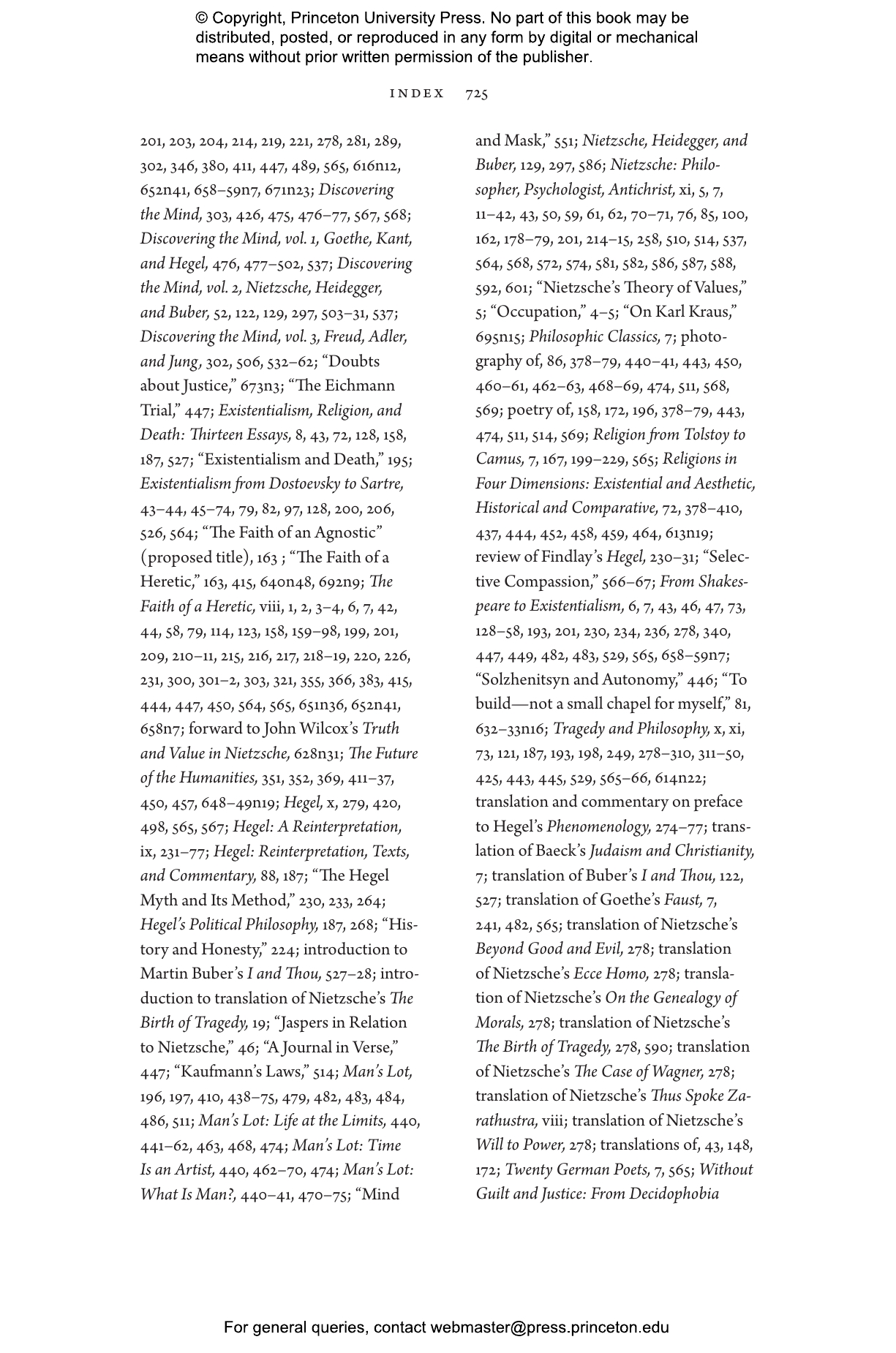

McCloskey, “The Problem of Evil,” Journal of Bible and Religion, XXX, 3 (1962), p. Mackie commits a similar mistake when adding quasi-logical rules to insure the contradiction in theism in “Evil and Omnipotence”, Mind, LXIV 254 (1955), pp. 82.ĭialogues Concerning Natural Religion, ed. “God and Evil: A Study of Some Relations Between Faith and Morals,” Ethics, LXVIII, 2 (1958), p. Lewis, The Problem of Pain (New York: MacMillan, 1962).

Walter Kaufmann, The Faith of a Heretic (Garden City: Doubleday, 1961), p. Moore, Principia Ethica (Cambridge: The University Press, 1903), particularly sections 18–23.Ĭf. XIII.Alvin Plantinga, God and Other Minds (Ithaca: Cornell University Press, 1967), p. Jesus vis- à- vis Paul, Luther, and Schweitzer In a new foreword, Stanley Corngold vividly describes the intellectual and biographical milieu of Kaufmann’s provocative book. The resulting exploration of the faiths of a nonbeliever in a secular age is as fresh and challenging as when it was first published. Beginning with an autobiographical prologue that traces his evolution from religious believer to "heretic," the book touches on theology, organized religion, morality, suffering, and death-all examined from the perspective of a "quest for honesty." Kaufmann also subjects philosophy's faith in truth, reason, and absolute morality to the same heretical treatment. Although he considered himself a heretic, he was not immune to the wellsprings and impulses from which religion originates, declaring it among the most vital and radical expressions of the human mind.

A first-rate philosopher in his own right, Kaufmann here provides the fullest account of his views on religion. Originally published in 1959, The Faith of a Heretic is the most personal statement of the beliefs of Nietzsche biographer and translator Walter Kaufmann.


 0 kommentar(er)
0 kommentar(er)
